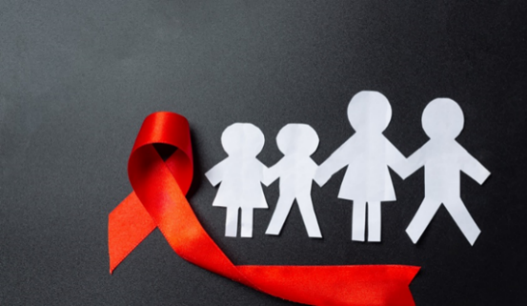
“People are the main value of our country”, the Head of our state noted in his message and emphasized the need to implement comprehensive measures to strengthen the health of the nation.
Prevention, diagnosis and treatment of HIV infection is one of these areas.
Human immunodeficiency virus (HIV) infection remains an urgent problem not only in Kazakhstan, but also in the whole world. Our country in 2021, made commitments to eradicate acquired immunodeficiency syndrome (AIDS) by 2030 and to achieve the goals of the Global Strategy:
- 95% of all people living with human immunodeficiency virus should know their status
- 95% of people infected with human immunodeficiency virus should receive treatment.
- 95% of patients should have effective treatment
In Almaty, November 26, 2024 held the International Scientific and Practical Conference “Innovative measures for HIV prevention and treatment: policy, research, practice”, under the motto “Choose the right path - the path of human rights”, dedicated to the World AIDS Day on December 1.
For the first time, a decrease in the growth of HIV registration was noted in 2023, and at the beginning of 2024, 32,659 people living with HIV were registered in the country. Mother-to-child transmission of HIV decreased from 3.6% to 1.6%. AIDS mortality has decreased by a quarter. HIV infection remains under stable control.
All 12 prevention programs recommended by WHO have been implemented in Kazakhstan. Every year during preventive examinations, the population is tested for HIV, thanks to which more than 80% of cases are detected at 1-2 stages. Of those detected, more than 60% of cases are in the 20-39 age group.
Detecting the disease at an early stage is an important priority in the prevention and treatment of HIV infection. Regular HIV testing should become in demand, especially for young people. In order to achieve results, it is necessary to expand preventive work among young people, in primary health care and private health centers.
HIV treatment in our country is free of charge.
In general, for HIV-infected patients and key populations, systematic measures are taken to improve accessibility of services.



